5 Best AI Search Engines for 2026
Simran Kataria

After spending over a decade testing search engines, writing about emerging AI tools, and analyzing how users discover information online, one thing is clear in 2026: AI search engines are no longer an experiment—they are becoming the default way people search.
Traditional search feels increasingly broken.
Endless ads, keyword-stuffed blogs, low-quality affiliate pages, and irrelevant results mean users often click through 5–10 links before finding something useful. This is exactly why the demand for the best AI search engines has surged. Instead of surfacing a wall of links, AI engines read the web in real time, filter noise, and deliver verified, sourced summaries within seconds.
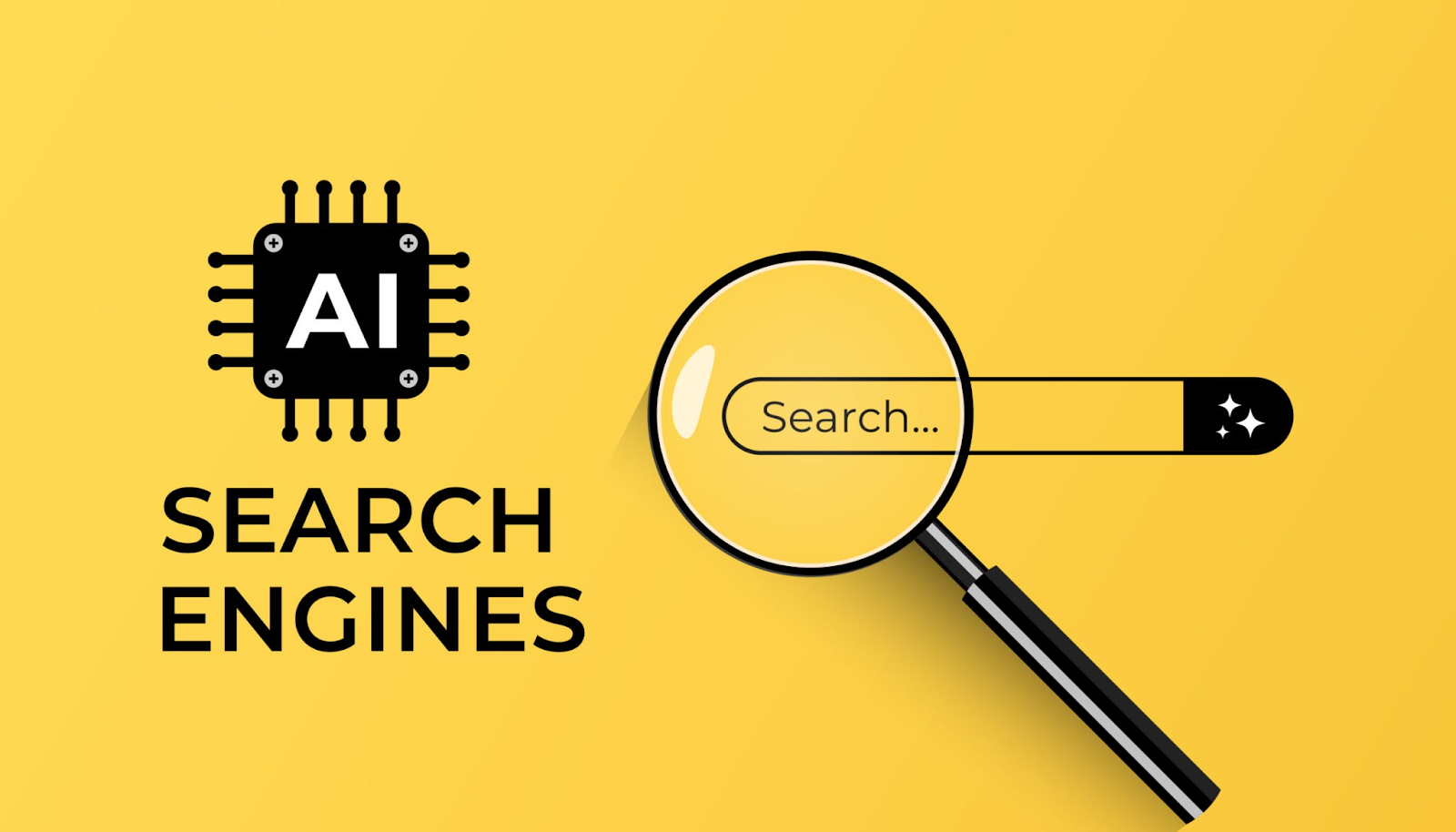
For many users, especially those frustrated with ChatGPT not working or outdated chatbot responses, AI search engines have become the smarter, more reliable alternative. Unlike simple chatbots, these platforms combine live internet crawling with powerful LLMs—making them capable of pulling fresh data, handling multilayered queries, and providing citations you can trust.
Behind the scenes, this shift has also transformed digital strategy. Brands now need AI search engine optimization to get cited by these systems, not just ranked by Google. Search engines are no longer just indexing pages—they’re interpreting them.
In this guide, we break down the 5 best AI search engines for 2026, using a clear evaluation framework rooted in accuracy, transparency, model quality, and real-world performance. This list is based on hands-on testing, professional experience, and industry research—so you can confidently choose the right AI search tool for your work, learning, or daily browsing.
With dozens of emerging AI search engines claiming superiority, it’s critical to know how to compare AI search optimization tools using a structured, expert-approved framework. This ensures you don’t fall for flashy interfaces or marketing hype—and instead choose platforms that consistently deliver accuracy, reliability, and trustworthy sourcing.
Here’s the 2026 evaluation model we use when assessing the best AI search engines:
The most important factor is whether the engine pulls live information rather than relying on outdated training data.
Ask:
This is where comparisons like Perplexity vs ChatGPT become relevant—Perplexity excels at live data, while ChatGPT Search is stronger at conversational reasoning.

AI search engines should show:
This is core to search engine positioning—understanding how an engine decides what information is trustworthy.
Performance varies significantly depending on the LLM behind the engine.
Top engines in 2026 use:
Slow engines—even if accurate—hurt user experience.
The engine must:
Engines that feel ai like ChatGPT in conversation typically perform best.
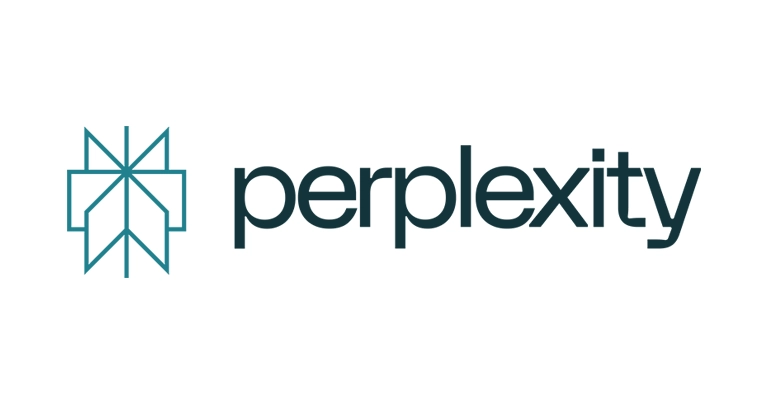
In 2026, privacy is a differentiator.
The best engines:
Komo and You.com lead here.
If an engine often breaks—similar to the many user complaints around ChatGPT not working—it isn’t dependable enough for professional use. Stability matters.
From an expert perspective, we evaluate:
This directly affects whether your content gets cited in AI summaries.
After testing dozens of platforms for accuracy, sourcing, UX, and reliability, these are the five best AI search engines to use in 2026. Each one is evaluated based on our framework from Section 2—accuracy, real-time indexing, transparency, stability, and AI search engine optimization compatibility.
Perplexity remains the leader in the AI search category. It combines real-time crawling, citations, multi-step reasoning, and a conversational interface that feels AI like ChatGPT, but faster and more source-driven.
Why it’s #1
Best For: Research, learning, professional use, fact-checked results.
SEO Relevance: Perplexity rewards structured content, schema, and authoritative sources—important for AI search engine optimization.
ChatGPT Search is OpenAI’s dedicated search engine powered by GPT-4.1 and GPT-5. It integrates third-party search providers to deliver live answers with citations.
Why it stands out
Limitations:
Best For: Brainstorming, explanations, creative tasks, complex research.
Komo is an ad-free, privacy-first search engine that uses its custom Sunshine AI model. It’s ideal if you want fast, clean, and anonymous searches.

Why it’s great
Best For: Anonymous research, idea generation, distraction-free use.
SEO note: Komo rewards clear formatting and trustworthy sources.
Brave Search pairs traditional search results with an AI-powered “Answer with AI” summary at the top. It is the best option for people who prefer the comfort of blue links but want AI assistance layered on top.
Highlights
Best For: Users transitioning from Google but wanting better clarity and privacy.
SEO note: Brave’s AI pulls heavily from authoritative domains—important for search engine positioning.
You.com blends search, AI chat, apps, and plugins into a single interface. It’s the most customizable engine on this list—ideal for power users who want control.
Why it’s unique
Best For: Researchers, productivity-heavy users, multi-app workflows.
SEO Angle: You.com favors high-quality, structured content with verified facts.

Search Engine
Best For
Strengths
Weaknesses
Perplexity
Overall
Real-time accuracy, citations, reliability
Can occasionally over-summarize
ChatGPT Search
Deep reasoning
Context memory, conversational power
Sometimes slow; outages
Komo
Privacy
No ads, no tracking, fast
Smaller data index
Brave
Hybrid search
Best AI+SERP blend
Less conversational
You.com
Customization
Apps, plugins, no ads
Slight learning curve
AI search has fundamentally changed how information is discovered. Instead of ranking a list of links like Google, modern engines—Perplexity, ChatGPT Search, Komo, Brave, You.com—read, interpret, and summarise the entire web before producing an answer.
This shift has given rise to AI Search Engine Optimization (AI SEO)—often called Generative Engine Optimization (GEO)—the discipline of structuring content so AI models can understand, trust, and cite it.
Below are the real ranking factors that influence visibility across the best AI search engines in 2026.
AI search engines evaluate meaning, not keyword density. LLMs prioritise:
This means you no longer optimize to “rank on Google”—you optimize to be the source AI trusts enough to summarise.
Examples of trust signals AI models favour:
AI crawlers extract information differently from traditional search bots. They reward content that is machine understandable, such as:
This structure helps AI produce more accurate answers, which increases the chances the engine selects your site as a primary source.
AI models cross-check your information against multiple sources.
If three authoritative sites confirm the same claim → high confidence
If your content contradicts consensus → excluded from summaries
To strengthen your position in search engine positioning systems, ensure your content aligns with credible industry data and uses referenced citations.
Engines like Perplexity and ChatGPT Search extract paragraphs that answer queries directly.
For example, if someone searches for:
“Perplexity vs ChatGPT — which is better for research?”
The pages that win include clear comparison blocks:
Feature
Perplexity
ChatGPT Search
Real-time data
Yes
Yes (via partners)
Depth of reasoning
Medium
High
Best for
Research
Analysis
This type of structure increases the likelihood your content is quoted inside the AI’s final summary.
AI engines understand intent like humans.
Examples users now type:
Pages that answer these natural-language prompts increase visibility in AI search.
This is also why long-form guides, opinion pieces, and expert breakdowns perform far better than keyword-only articles.
2026 LLMs check recency signals to know whether your content is still valid.
Update frequency influences inclusion in answers, especially for:
Pages updated within 90 days outperform stale pages—even if the older page has more backlinks.
AI engines prefer sites that:
E-E-A-T is no longer a Google-only metric—it's a universal AI search factor.
LLMs pick up on brand reputation across the web.
Even unlinked mentions help improve your AI search positioning, such as:
AI models view frequently mentioned brands as more “trusted,” increasing their likelihood of appearing in conversational AI summaries.
Technical SEO in 2026 is about making your site:
These factors don’t directly push your ranking on AI tools, but they determine:
Think of it as building the “infrastructure” for AI engines to understand your content.
Each of the best AI search engines has unique behaviour:
Your strategy must address all of them—not just Google.
AI search engines are no longer experimental—they’re becoming the new default. Platforms like Perplexity, ChatGPT Search, Komo, Brave, and You.com have fundamentally changed how people discover, interpret, and act on information. Instead of scrolling through ten links, users expect instant, accurate, cited answers—all powered by LLMs that read the entire web in real time.
To stay visible in 2026, brands must adapt to AI search engine optimization—structuring content for LLM understanding, demonstrating expertise, and ensuring factual, updated information. Whether you're comparing tools (Perplexity vs ChatGPT), improving search engine positioning, or simply exploring which AI like ChatGPT performs best, one thing is clear:
The future of search is generative, conversational, and source-driven.
If your content isn’t optimized for AI search, it risks disappearing from the new AI-first ecosystem.
Optimizing early ensures you remain part of the answers users see in every AI search engine—today and in the years ahead.
The current top performers are Perplexity, ChatGPT Search, Komo, Brave, and You.com. Each excels in different areas—Perplexity for accuracy, ChatGPT for reasoning, Brave for hybrid search, Komo for privacy, and You.com for customization.
Traditional search shows lists of links.
AI search engines read those links, summarize them, and deliver direct, conversational answers—often with citations. They focus on intent, not keywords.
AI SEO (or GEO) is the process of optimizing content so AI models can understand, trust, and cite it. This includes structured content, expert analysis, FAQs, schemas, data-backed claims, and clear explanations.
Common reasons:
Fixing these helps improve search engine positioning within LLM-generated answers.
Many professionals use both depending on the task.
High traffic, server congestion, or rate limits often cause temporary outages.
During downtime, users usually switch to Perplexity or Komo as alternatives.
Evaluate them by:
Tools that support schema extraction, summarization patterns, and entity recognition perform best.
Both matter, but AI search visibility is growing rapidly.
By 2026, a significant share of user queries—especially informational ones—begin or end on AI search engines.
Optimizing for both ensures maximum discoverability.

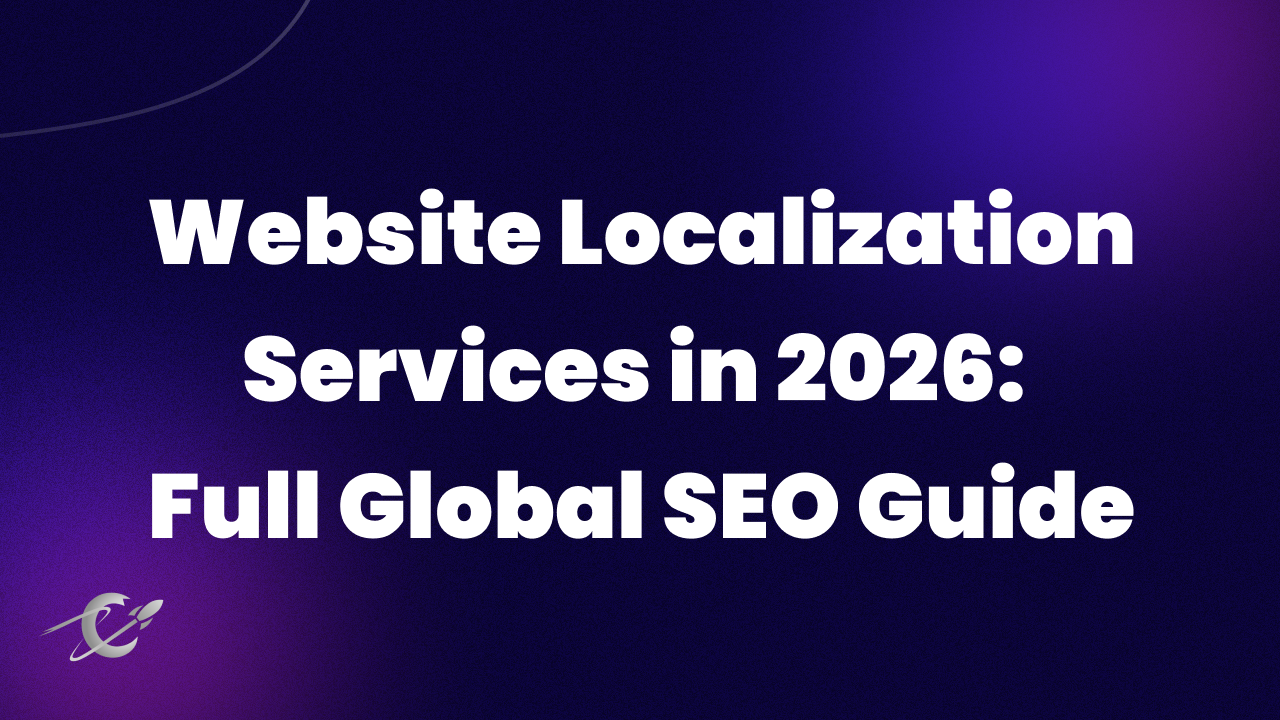
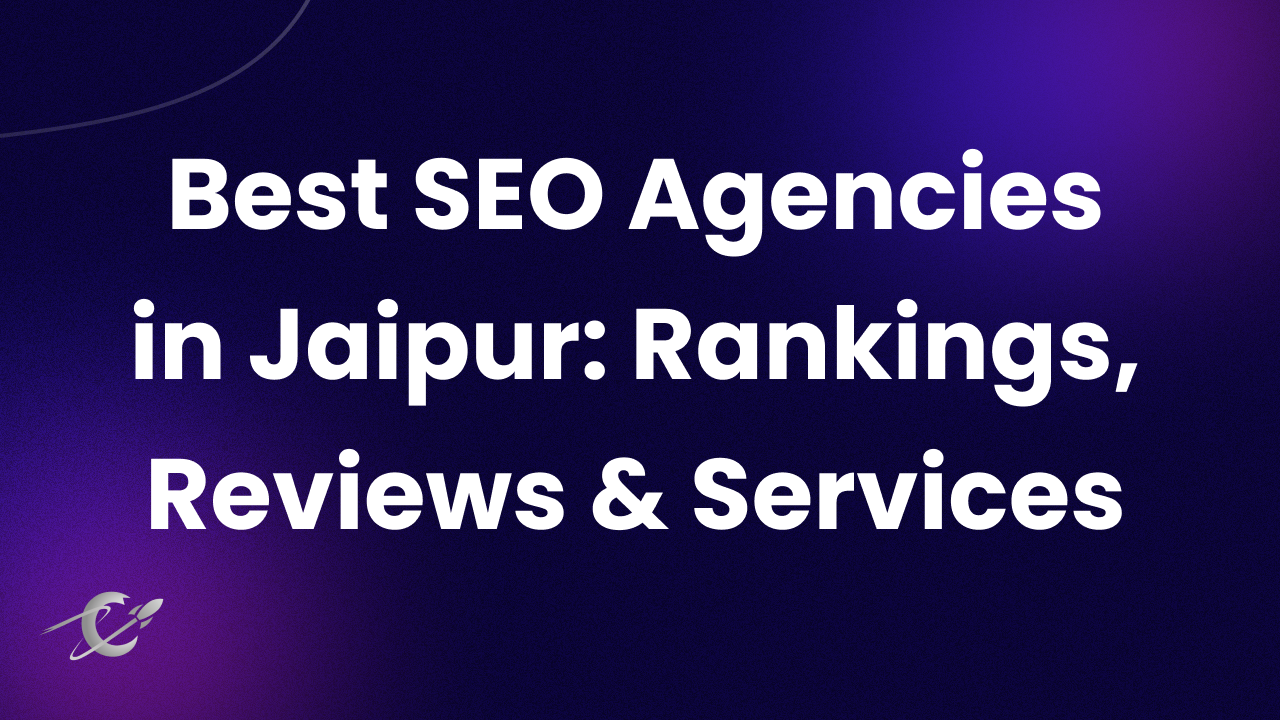
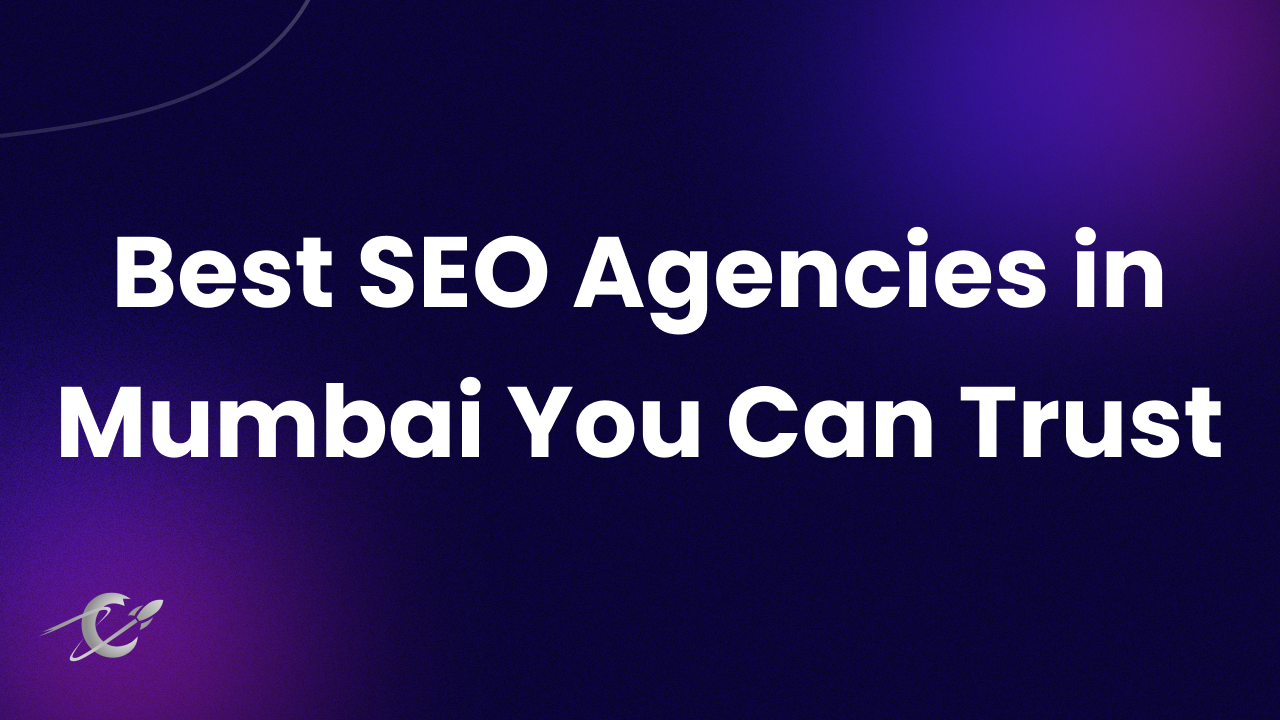
Only valid for-